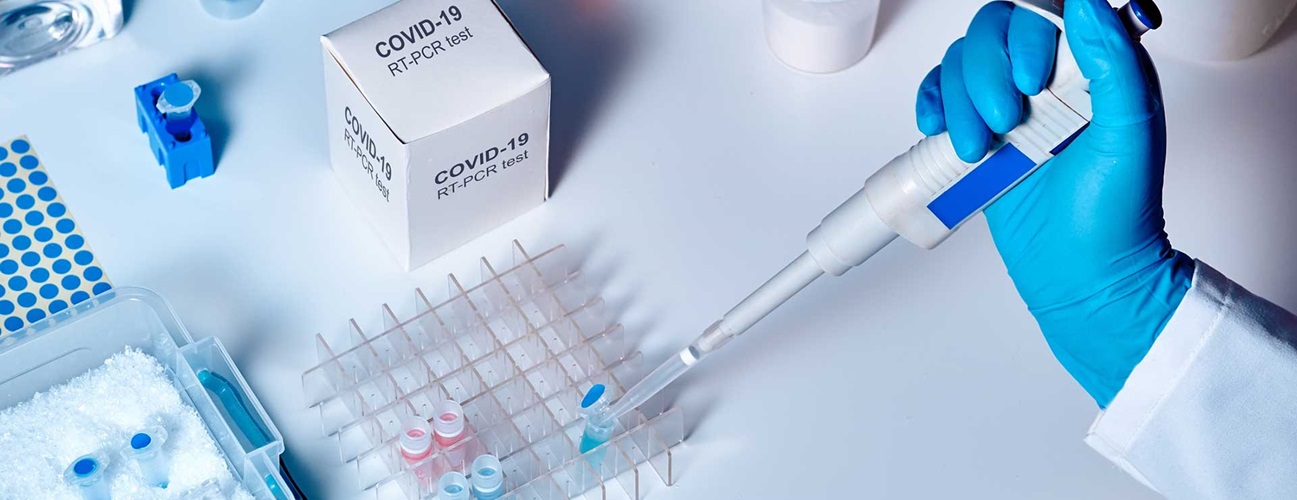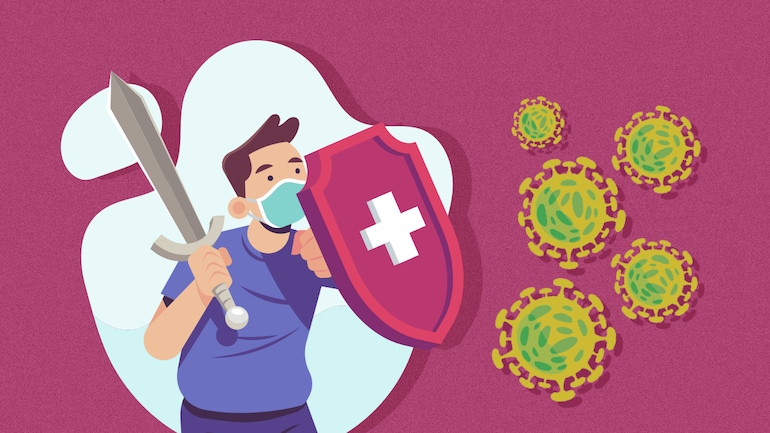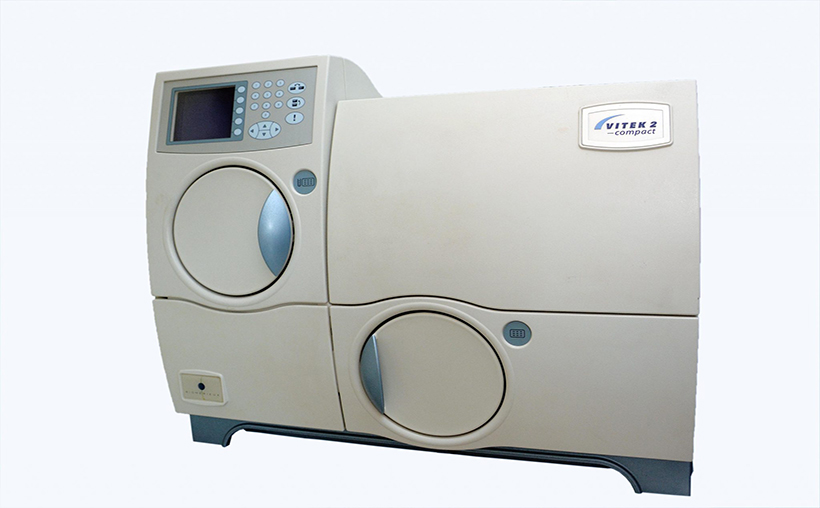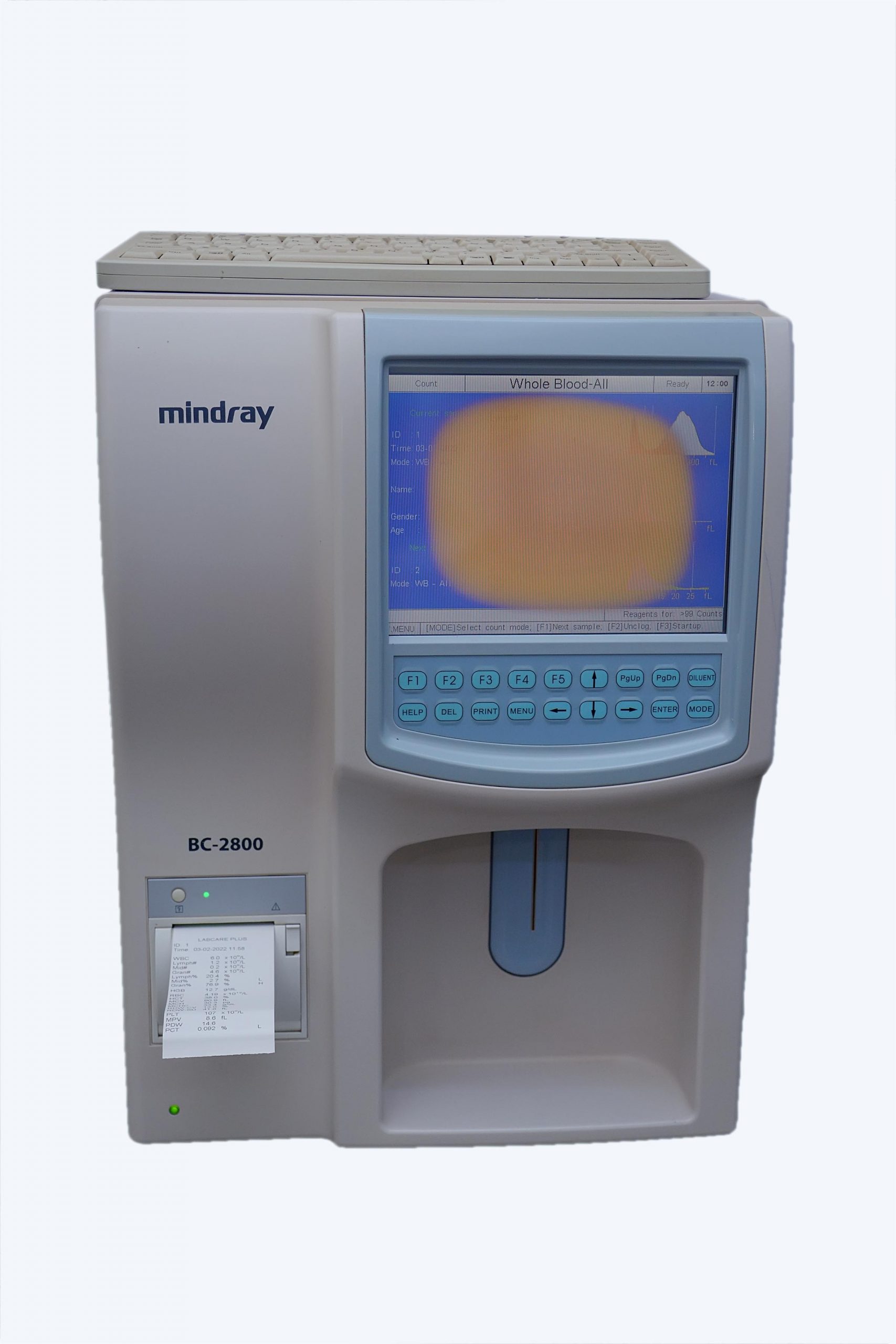PCR was invented in1983 by a Chemist named Kary Mullis, who was later awarded a Nobel Prize in 1993 for this landmark invention. PCR stands for Polymerase Chain Reaction. PCR Diagnostics, also known as Molecular Diagnostics or Nucleic Acid Amplification Tests (NAATs means that in the sample being tested, we aim to detect nucleic acid…
Read MoreResearch shows that most people who get COVID-19 recover without ever having to go to the hospital. But if you’ve contracted the virus or are taking care of someone with it, you probably have lots of questions. We’re here to help answer some of the biggest ones, including what you can do to help your…
Read MoreWhat is the Mu variant? The Mu variant is a version of the coronavirus identified in Colombia in January 2021. It is among the other variants labelled ‘Variants of Interest (VOI)’ by the World Health Organization. Others in its category are: Eta variant – (discovered in several countries in December 2020) Iota variant – (discovered…
Read MoreImmunodiagnostic assays are procedures that utilize products of the immune response as integral parts of the test. Basically, immunodiagnostic assays use antibodies generated either against a single antigen or antigens associated with a specific analyte, pathogen, or disease condition
Read MoreHaematology is a branch of medical science that studies the morphology of blood and blood-forming tissues. It covers the cellular composition of blood, blood cell formation, haemoglobin synthesis and all related disorders. Haematological parameters are widely used to support diagnoses and treatment monitoring.
Haematology studies red and white blood cells and platelets, their relative proportions, general cell health and the diseases caused by imbalances between them. Red blood cells have several important roles, but their most important function is to carry oxygen (O2) and carbon dioxide (CO2). White blood cells are an indispensable part of the body’s immune defence system, while platelets play an essential part in blood coagulation. All cells are necessary, but they must be maintained in the right proportions or systems will break down.
Read More




